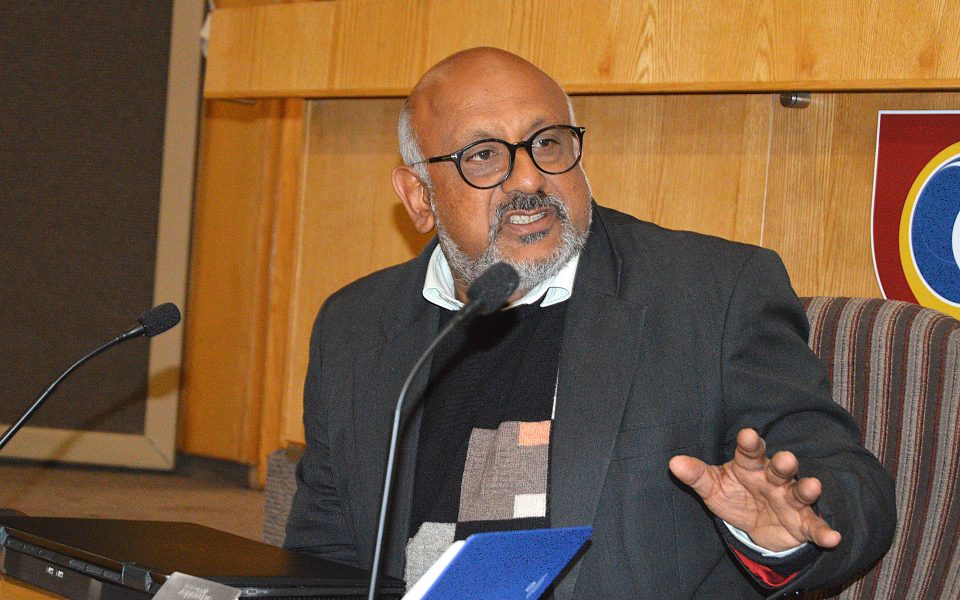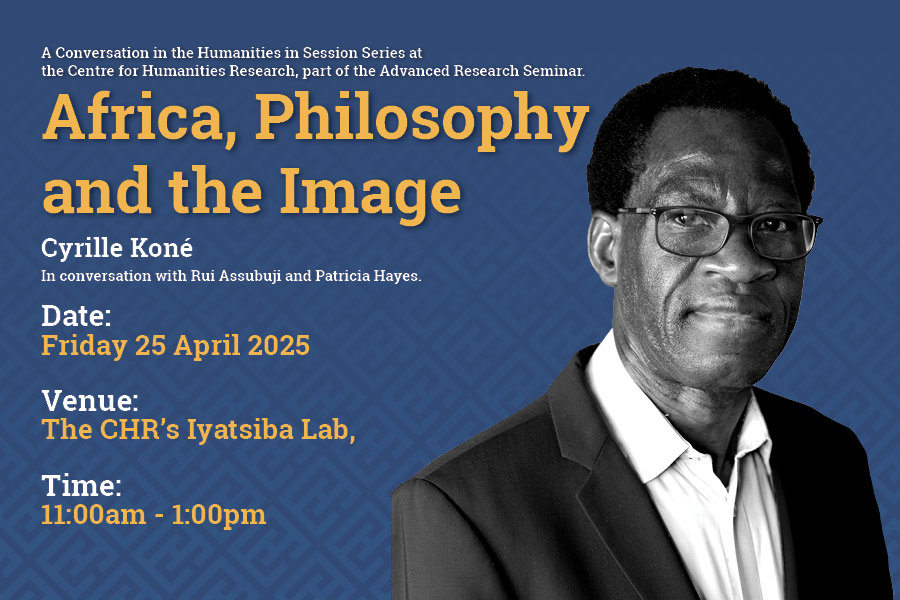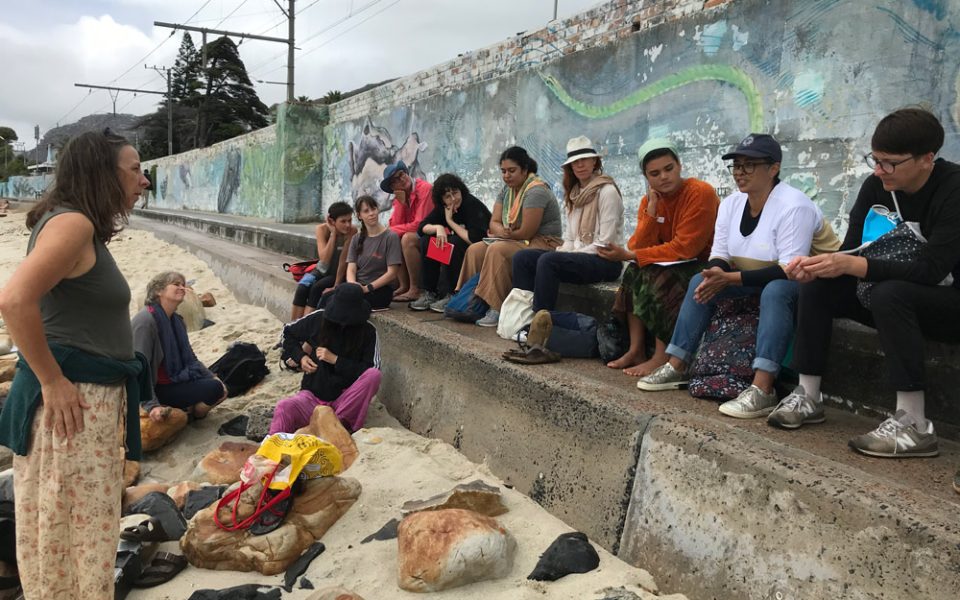New Research Collaborations

The CHR is proud to announce its participation in two new international research projects: a project on “Mnemonic Solidarities: Colonialism, War and Genocide in the Global Memory Space” and the “Global Humanities Institute on The Problem of Translation”
Mnemonic Solidarities
This project is orientated around the question of Mnemonic Solidarity, which seeks through transdisciplinary engagement with scholars from South Korea, Japan, South Africa, Poland, Taiwan, Germany, Italy, France, the UK and the USA, to think through divergent memories and the spaces entangled with them. While the term mnemonic speaks to the interest of the project in thinking what it calls the mnemoscape — the global memory space — the solidarity it seeks to put into play is one that is both transdisciplinary as well as trans-institutional, calling scholars, practitioners, musicologists and activists to think the problem of the disentanglement of memory together.
From 31 May – 2 July 2018 a variety of scholars participated in the first conference of this joint research project on Mnemonic Solidarity: Colonialism, War and Genocide in the Global Memory Space, hosted by the Critical Global Studies Institute (CGSI) at Sogang University in Seoul, South Korea. The conference was concerned with the question of memory as textured by differences that are intertwined and juxtaposed, as well as the ways in which memory studies has attempted to account for its object as a disciplinary formation. It is the first of several planned meetings, workshops, and conferences on the research question.
Two of the CHR’s Early Career Scholars, Aidan Erasmus and Lauren van der Rede, both presented papers at the conference. Van Der Rede’s paper was concerned with the question of genocide thought through the Ethiopian Red Terror. In so doing, Van Der Rede alerted participants to how an attention to the literary and legal figuring of the question of genocide outside of the discourses of the Holocaust might open up a discussion on how it is scholars have attended to the question of memory in the discourse surrounding the mnemonic. Concerned with the limits of disciplinary formation staged through the question of the sonic as figured in the burgeoning field of sound studies, Erasmus highlighted the ways in which both the spatial turn and the auditory turn have had recourse to a language of technique in their efforts to constitute an object of study, and asked whether the concept of mnemotechnics may be useful to hold onto in thinking what the conference called mnemonic solidarities.
As part of the conference itinerary, a meeting pertaining to the drafting of a manifesto for the project took place on the 2nd of July 2018. At this roundtable discussion robust and pluralistic dialogue about the orientation, concerns, critique and praxis of the project was facilitated. Each presenter was encouraged to contribute toward the development of the manifesto, as a move toward consolidating the project as a collaborative intervention between the presenters and participants which will unfold over the next seven years.
Global Humanities Institute: The Challenges of Translation
The Global Humanities Institute on the Challenges of Translation is hosted by the Centre of Studies on Philosophy, Humanities, and the Arts (CEFHA) at the University of Chile in Santiago, in collaboration with Humanities Commons (UCI Commons, University of California Irvine), Oxford Comparative Criticism and Translation at The Oxford Research Centre in the Humanities (OCCT-TORCH, Oxford University), and the Centre for Humanities Research. The Institute aims to “establish an academic exchange articulated on the basis of a multidimensional concept of translation with poetic and theoretic outputs. It will privilege an interdisciplinary approach articulating philosophical, literary and artistic perspectives in order not just to contribute to the state of the art of translation studies, but also to extend the model of translation to heuristically explore and rethink enduring questions in the realms of epistemology (the constitution and passage of meaning), ethics (responsibility, violence, hospitality), history (temporal economy, memory), and politics (status of the subject, foundation of the community). In this sense, without losing sight of the strict specificity of the translation task and performance – especially of the poetic translation task and performance–, the aim is to extend the model of translation to interrogate a series of urgent problems which have been historically confined to the model of communication.”
The pre-institute planning meeting, which took place at Oxford University in May, was attended by Research Convenor in the CHR Maurits van Bever Donker, one of the CHR’s faculty involved in the project. The Global Humanities Institute is scheduled to take place towards the end of July 2019.




